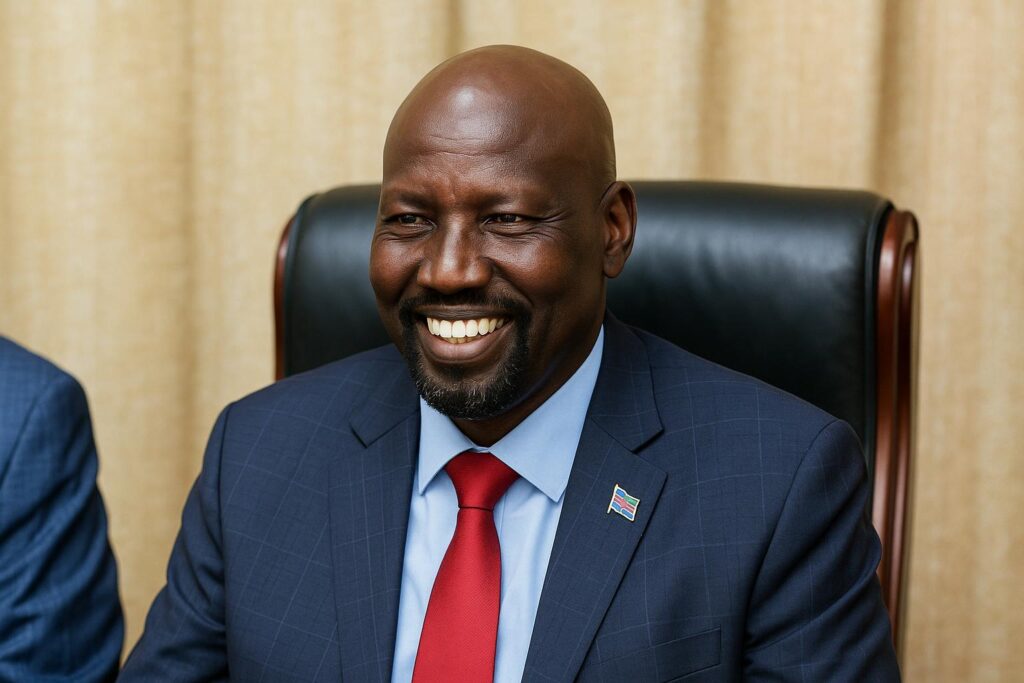Background to the Dispute
More than 30 hotels in Juba accepted government guests during the 2018 peace implementation phase, extending credit in the expectation that invoices would be settled swiftly.
By 2020 outstanding bills had reportedly climbed above 60 million dollars, prompting the Hotel and Catering Association of South Sudan to instruct Pan African Law Chambers to file suit at the East African Court of Justice.
Inside the Settlement Process
Documents signed in Juba last month confirm the Justice Ministry and 32 hotel operators reached a binding settlement, ending years of cross-border litigation without admitting liability or revealing final figures.
Implications for Investors
Analysts believe the accord strengthens perceptions of legal predictability in South Sudan’s young market, a factor often cited by regional banks when pricing risk premiums on construction and tourism projects.
Voices from the Sector
“The deal is amicable and forward-looking,” said Tesfay Abraham, chief executive of Radas Hotel Hai Neem, adding that prompt execution will “boost confidence among partners who kept the lights on” during difficult months.
Joseph Chol Akot of Referendum Hotel described the signing as a historic moment for domestic enterprise, while association secretary-general Gabriel Mabior Chiping said it showcases “constructive cooperation between the public and private sectors.”
Regional Legal Takeaways
Observers note the use of the East African Court’s preliminary processes, even though the dispute ended in mediation, could serve as a blueprint for other businesses seeking redress across borders without straining political relations in an unstable neighborhood.


